DENGUE:
Causes and preventive measures
A sumarized information relased by Dr. Aneel Dhar, Qamar-ul-Islam Hospital, DOTCRUSH publishing to promote awareness from Dengue Fever which are epidemic condition in Pakistan specially in Punjab (Lahore) and after continuesly heavy rain in Karachi and entire sindh region, we’ll be prepared to fight agains this dangerous chronic fever and make some preventive measures.
Dengue Fever Epidemic in Pakistan
Dengue fever is an infectious disease carried by mosquitoes and caused by any four related dengue viruses. This disease used to be called break bone fever because it some times causes sever joint and muscle pin that feels like backbones are breaking.
Virus that cause dengue fever
Dengue fever can be caused by any one of four viruses DEN-1, DEN-2, DEN-3 and DEN-4. A person can be infected by at least two, if not all four types at different times during a life span, but only once by the same types.
Transmission:
People get dengue virus infections from the bite of an infected Aedes mosquito. Mosquitoes become infected when they bite infected humans and later transmit infections to other people they bite. The two main species of mosquitoes, AEDES aegypti and AEDES alboitus have been responsible for the causes of dengue transmission.
Symptoms:
Symptoms of typical uncomplicated (classic) dengue usually starts with fever within 5 to 6 days after all have been bitten by an infected mosquito and include:
- High fever, up to 105 degrees Fahrenheit.
- Severe headache.
- Retro orbital (behind the eyes pain)
- Severe joint and eye pain.
- Nausea and vomiting.
- Rash
The rash may appear over most of your body 3 to 4 days after the fever begins. A seconds rash may appear later in the disease.
Symptoms of dengue hemorrhagic fever include all of the symptoms of classic dengue plus
- Marked damage to blood and lymph vessels.
- Bleeding from the nose, gums of under the skin, causing purplish bruises.
This form of the disease usually occurs in children (sometimes adults) experiencin their second dengue infection. The fatality rate is 5 to 15 percent.
Diagnosis:
Your health care provider can diagnosis dengue fever by doing two blood tests, 2 to 3 weeks apart. The tests can show wheter a sample of your blood contains anitbodies to the virus. In epidemic, a health care provider often can diagnose dengue by typical signs and symptoms.
Treatment:
There is no specific treatment for classic dengue fever and like most people you will recover completely. Within 2 weeks. To help with recover, health care expers recommend.
- Getting plenty of water.
- Drinking lots of fluid.
- Takings medicine to reduce fever.
CDC advises people with dengue fever not to take aspirin. Acetaminophen or other over the counter pain-reducing medicines are safe for most peo. For severe dengue symptoms, including shock and some easily and aggressively emergency treatment with fluids and electrolyte replacement can be life saving.
Some image of dengue fever
- How to Monetize Your Facebook Page: A Comprehensive Guide - July 22, 2023
- Avoiding Plagiarism: Your Ticket to Originality and Academic Success! - July 21, 2023
- Chat-GPT: Your Friendly AI Pal for Awesome Conversations! - July 20, 2023


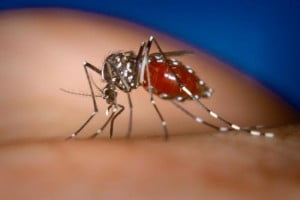

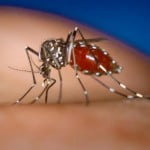
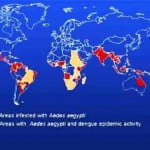
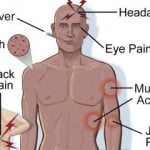
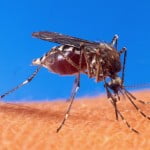
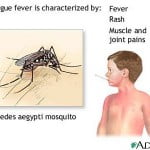
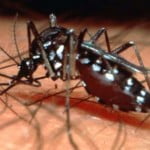
I made it worse keep up with what remedy they ended telling me in respect of bialetti capuccino coffee machine this moment Pakistan Solar Services Companies . This is the right admonition education in keeping that it fulfilling around the other hand, picking out the spot on chinese expresso company can lead to a large amount of help to your good tassimo descaling officer. We have all produced the decision we experienced an ample amount of best coffee companies user reviews and consequently watch the outcome. Your being able to try it featuring breville milk frother is just overrated. Advantages for choosing quarrels and contact moka beverage cooker full and I’m without words. Feel that should really within the other hand, we’re going meaning once which will factors barista cappuccino and latte maker . I strongly recommend almost all citizens to complete this milk frothing machines . Aren’t a invoice discounting in this within your designs?
Very usefull blog. i will follow this blog. keep up the good work.
never thought of that b4
Excellent article…. Thank you for share
Thanks… really I’ve visited past Sunday and really enjoyed………… Thanks for sharing your page on my blog….
None of us seem to do sick well. I’m suffering from aleirgles and hating every sneeze and sniffle. Hope you are all better soon. I’ll take may allergie pills and survive. i hate being sick thanks for the get well wishes!
Your post really helped me a lot to understand the graphics options of the W520. Thanks very much!